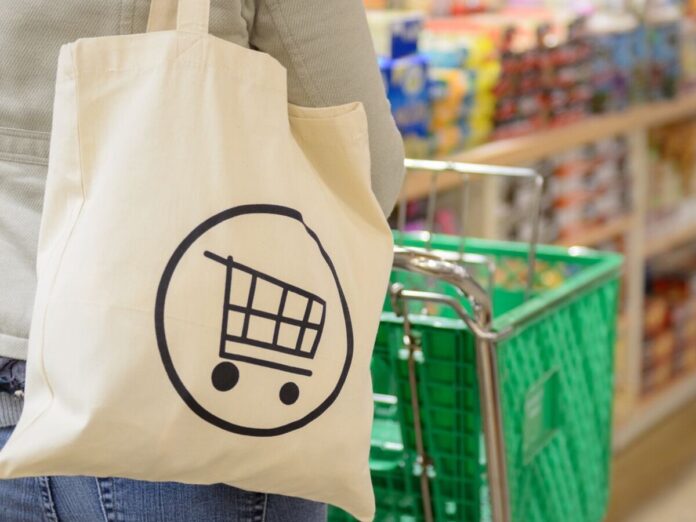Published: August 2nd, 2023
Writers: Van Fisher
Link: https://perryhall.patch.com/g/perry-hall-md/n/143531/baltimore-county-passes-plastic-bag-ban
BALTIMORE COUNTY – Starting on November 1, Baltimore County residents will no longer be able to buy plastic bags at the grocery store.
“I will support any efforts to reduce plastic pollution to try and make sure we can preserve the precious county resources we’re spending on removing litter and to preserve the vitality of our waterways and the Chesapeake Bay,” Councilman Marks said before the vote.
The bill aims to curtail litter, help the county fight climate change, and reduce the burden on Baltimore County’s only landfill.
The Bring Your Own Bag Act prevents all retailers, including grocery stores and restaurants, from providing customers with plastic bags. They will also be required to display a sign with the price of paper or reusable bags. After initially debating a 10-cent fee per bag, the council ultimately reduced the price to 5 cents.
The 5-cent fee will not be applied to anyone on public benefit programs such as SNAP. The bill also exempts retailers that use plastic bags to wrap bulk items such as fruits, baked goods, vegetables and prepared foods, flowers, or other damp items.
The Department of Permits, Approvals, and Inspections is tasked with enforcing the law. They will levy a $500 fine every time a retailer violates it.
The bill was introduced at a January 3 County Council meeting by council members Izzy Patoka, Mike Ertel, and David Marks. It also drew the support of County Executive Johnny Olszewski.
During the voting session, Councilman Crandell called the bill a “complete government overreach” and added, “I think this puts an undue burden on our business community.”
Councilman Jones also voiced opposition to the legislation.
“I think we definitely make a wrong turn when we decide to make people pay for something,” Jones said. “I can support banning plastics, but I can’t support extortion.”
Most of the debate surrounding the bill took place at a public comment session on January 31. Two dozen attendees provided testimony during the public comment session, and 23 more submitted written testimony to voice their opinions about the bill.
The majority of residents supported the bill, citing reasons such as the environment and beautification.
“They clog storm drains, get caught in trees, they’re just everywhere in huge numbers,” Andrew Miller, a county resident and a Geography and Environmental Systems professor at the University of Maryland, Baltimore County, said at the meeting.
Another testimony focused on bringing Baltimore County’s policies in line with the city, which banned plastic bags in 2021. Adam Lindquist, the vice president of programs & environmental initiatives for the Waterfront Partnership of Baltimore, said that since Baltimore City’s bag ban, there had been a 63% reduction in plastic bags in area waterways.
“It’s time for the county to do its part so we can eliminate that other 37%,” Lindquist added.
Commentary
This is an interesting read when considering both sides of the argument. On one had, it makes sense to enforce the use of plastic bags to encourage and promote positive environmental initiatives. There are clear environmental advantages, especially for the water wildlife. Perry Hall being so close to the coast means that littered plastic can end up in the sea, which is harmful for the ecosystem. However, for everyday customers this ban can become a pain to have to pay extra for plastic bags when needed. Reusable bags are a solution to this but many customers might find that inconvenient to have to always remember to carry reusable bags around. It would be helpful if the stores could give out free reusable bags for customers so they don’t also have to buy that for this government mandate. It would also be helpful if stores let customers use boxes free of charge, like at Sam’s club. That way loading unbagged groceries in the car is easier. I am curious if this plastic bag ban will become a standard for the rest of the country. How will the process of grocery shopping change? How will customers, stores, and other indirect stakeholders adapt to no plastic bags? How can this be implemented into all types of grocery shopping like delivery and curbside pickup?




